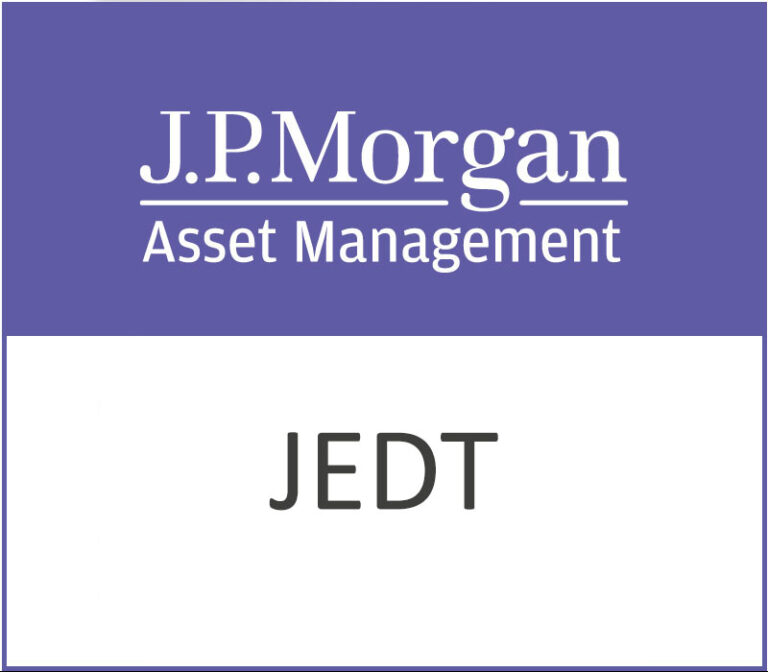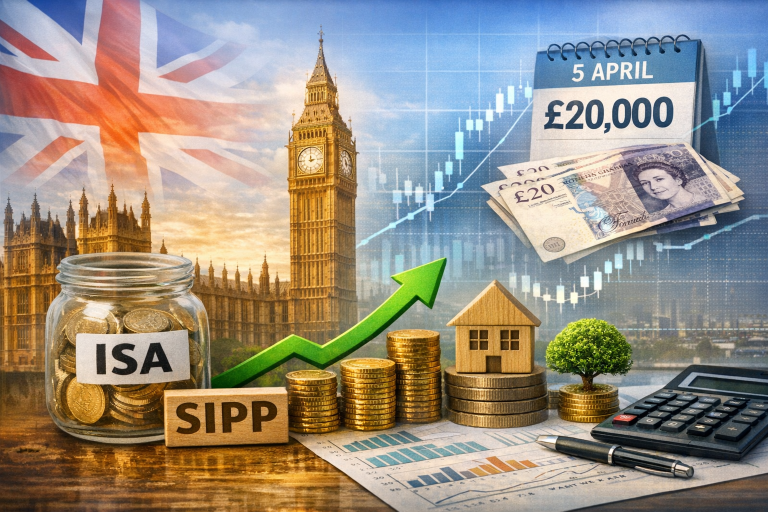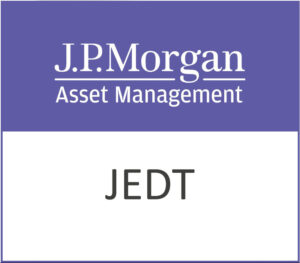A current of calm coursed through the trading halls of Europe, even as headlines brimmed with threats and deadlines. Investors, accustomed to the ebb and flow of political rhetoric, appeared ready to look past escalating tariff warnings and focus on longer-term positioning rather than daily skirmishes.
The mood on the trading floor was constructive from the opening bell, with banks leading the advance after reports that talks between Brussels and Washington showed unmistakable signs of traction. The STOXX Europe 600 index climbed steadily, buoyed by financials rallying on hopes that an eventual trade accord could ease uncertainty around exports and imports. Defence stocks continued to mark fresh highs, underpinned by broad government commitments to bolster spending on security and equipment.
That backdrop proved telling when U.S. President Trump unveiled plans to slap a 50 per cent duty on imported copper and threatened tariffs as steep as 200 per cent on pharmaceuticals. Rather than setting off a wave of panic, markets simply paused before resuming their ascent. Copper futures did spike to record levels as traders priced in reduced supply, but the knock-on effect on European miners was muted. Likewise, shares in leading pharmaceutical groups, while registering modest dips, quickly found support amid analysts’ scepticism over the practicalities of relocating production to the United States within an eighteen-month window.
Underlying the resilience was a growing conviction that much of the tariff talk remains negotiable brinkmanship. Investors pointed to recent remarks by EU negotiators suggesting that letters outlining potential duty rates were likely to land on the White House desk within days, signalling a mutual interest in finding common ground. With the August 1 deadline looming as both an anchor and a spur, market participants judged that neither side wished to risk a full-blown trade rupture. This dynamic lent confidence to sectors most sensitive to cross-border flows, from industrial components to luxury goods.
Against this geopolitical uncertainty, domestic earnings updates offered both reassurance and pockets of opportunity. A number of smaller industrial firms disclosed plans to reallocate operational capacity in response to anticipated supply-chain shifts, painting a picture of proactive management ready to navigate fresh barriers. Meanwhile, a handful of heavyweight issuers in the technology and defence arenas impressed investors with orders secured off the back of government tenders, underscoring the sector’s defensive qualities even as economic headwinds build elsewhere.
Equally notable was the measured reaction from bond markets. While U.S. Treasury yields ticked up on concerns that tariffs could drive inflation higher, European government bonds held their ground, with benchmark 10-year German yields barely budging. Fixed-income traders appeared to reconcile the prospect of modest price pressures with the overarching stance of the European Central Bank, which has signalled willingness to counter persistent disinflationary forces if needed. This balance provided a crucial backstop for equities, instilling belief that rate volatility would remain contained.
Currency traders too seemed unruffled. The euro traded within a narrow band against the dollar, consolidating gains made earlier in the week on optimism over a potential narrowing of the U.S. trade deficit. The pound edged higher on signs that the United Kingdom could secure side letters clarifying post-Brexit trading terms with the United States, further underlining how trade talks continue to shape capital flows.
As the day wore on, attention shifted to the minutes of the Federal Reserve’s latest meeting, due later in the U.S. session. Investors expect those minutes to shed light on the Fed’s appetite for rate adjustments amid faltering global growth and persistent uncertainty around trade. Yet even the prospect of dovish commentary did little to derail the European advance, reflecting a broader sense that markets have grown adept at separating near-term noise from the strategic direction of monetary policy.
By the close, European stocks had posted modest but meaningful gains, with the STOXX Europe 600 up nearly 0.8 per cent and major national benchmarks following suit. Traders left the floor more convinced that what’s unfolding is less a trade war than an extended negotiation, where headlines may flare but the worst outcomes remain unlikely. This realisation, investors believe, will sustain the current momentum until firmer policy signals emerge to reshape the outlook.
JPMorgan European Discovery Trust plc is an investment trust company. The Investment Trust JEDT objective is to achieve capital growth from a portfolio of quoted smaller companies in Europe, excluding the United Kingdom.







































